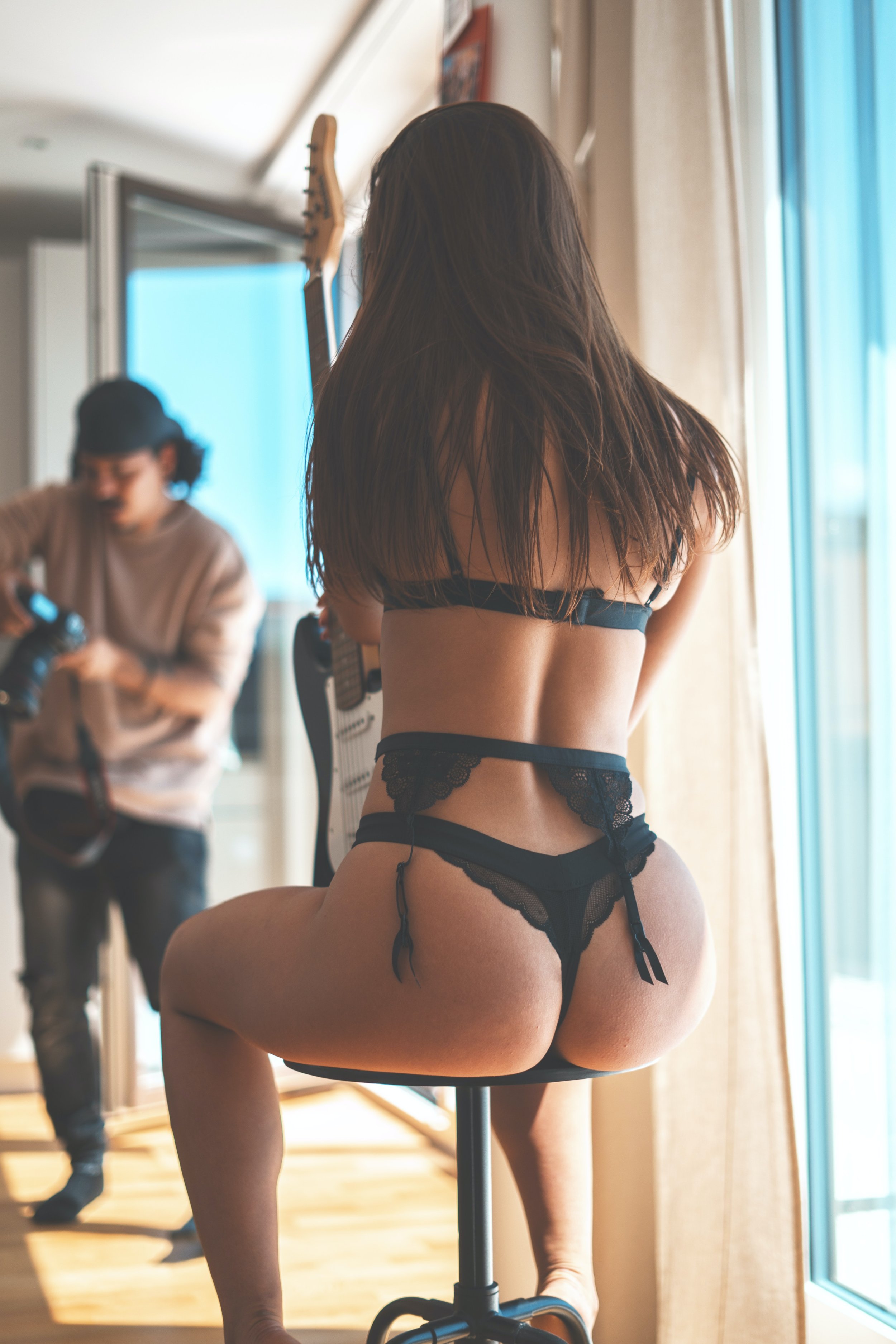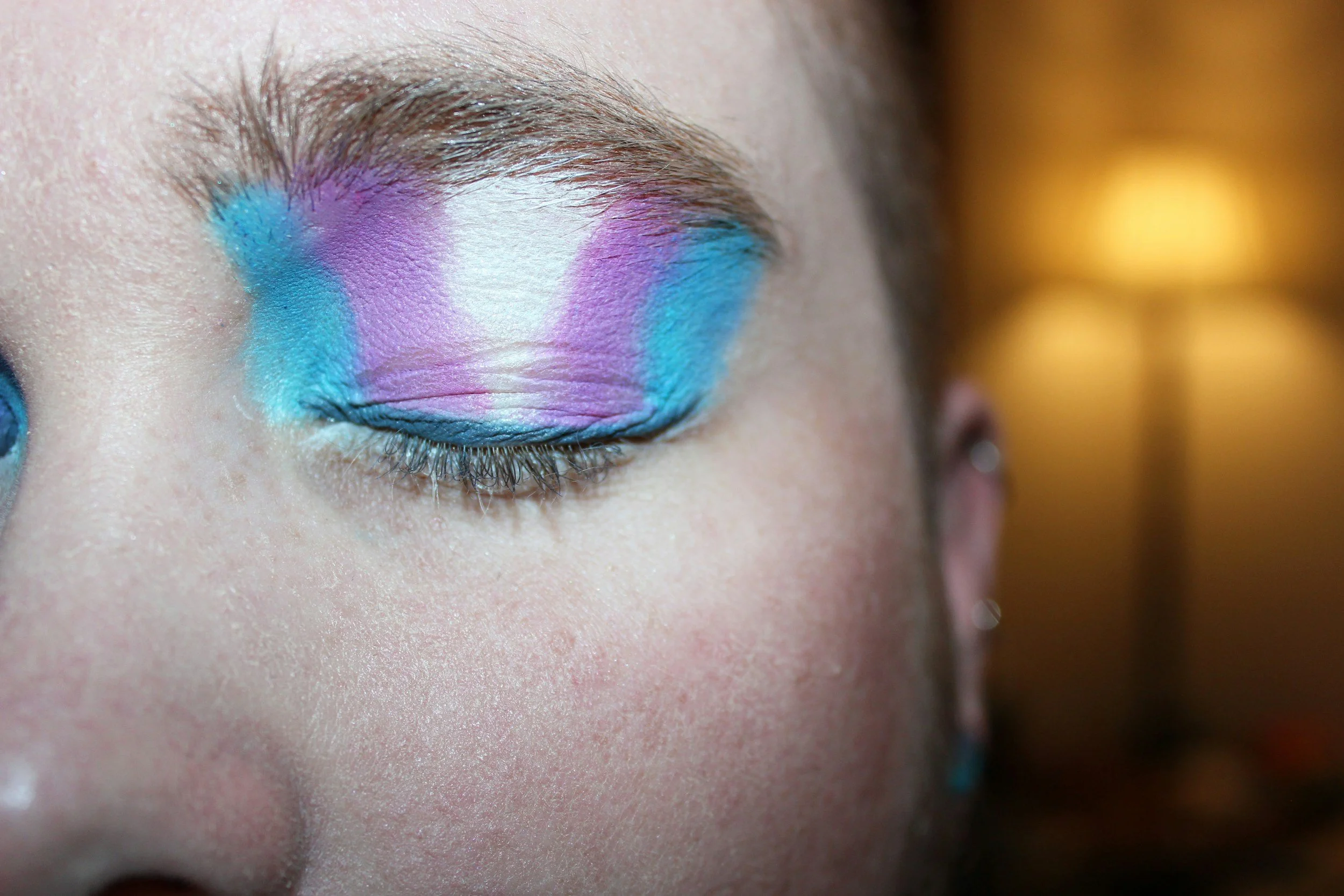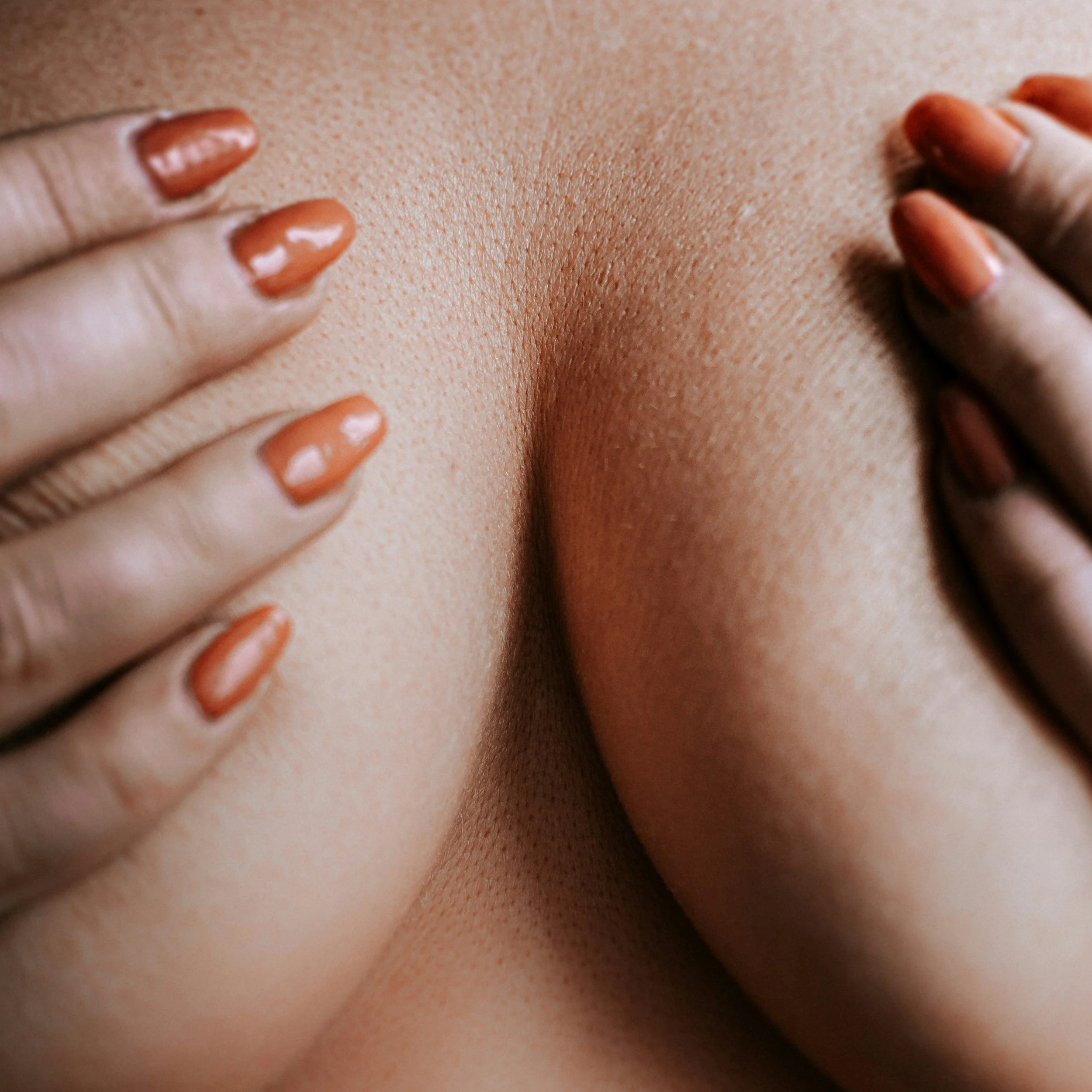What is a “Woman's Sexuality?”
Embrace your sexuality, we are told.
Self-help social media implores us to cast off shame and get to know our sexuality.
I’m not sure that I know how to do this.
It is difficult for us to discuss women's sexuality due to the fact that 99% of popular culture is created by men for the male gaze, specifically the heterosexual masculine gaze. So, what does it mean to see a woman enjoying her sexuality?
The Male Gaze
The “gaze” describes how people interact with visual media. The male gaze is the dominant framing of the visual media we see, which positions women as the object, the “thing,” to look at from the vantage point of the ideal imagined voyeur; a heterosexual man.
Through the male gaze, women are characterised by their “to-be-looked-at-ness”, and the appetite of the audience is assumed to be that of a sexually rapacious heterosexual male.
The male gaze is proliferated directly through engrained channels of power and money which decide what gets made, and by whom.
Statistics show that of the top 100 grossing films of 2019, only 10% were directed by women and 19% were written by women. In the TV world, 94% of the programs analysed by the Centre for Women in Television and Film had no women directors, and 73% had no women creatives at all.
But the problem goes beyond the fact that popular culture is literally created by men which we were all insidiously raised with, like glasses that we can’t take off, it slowly creeps further into our psyche, influencing what we think of as good sex and numbing our true desires and exploration of our own sexuality.
Femme Phobia
As I was scrolling on Instagram, I saw this post of a woman twerking. The post reads:
"Some people get disgusted when women are very feminine, not shy & enjoying their sexuality. Their femme phobia has nothing to do with you "
What is a “Woman's Sexuality?”
The post made me uncomfortable. It is possible that I’m just a prude, but as a critically minded, polyamorous queer woman, I don't think that's what it is.
That Instagram post got me thinking, What does a woman enjoying her sexuality outside of the male gaze even look like?
Photo by Dainis Graveris on SexualAlpha
Comments accusing the audience of being “femme phobic” if they don’t love seeing an archetypally feminine woman twerking stops us from asking why this type of body, this style of hair, this type of dancing is considered sexy in the first place? Who gets to define what is sexy and what is empowered, and who benefits from these stories.
Implying that we should all unproblematically approve of women as sexual spectacles robs us of the solidarity that we might otherwise create if we were engaging in more fraught debates about why we are attracted to these types of depictions of women at all.
But She’s Choosing To Twerk
We routinely use the language of choice to obscure the ideological pressures that lead us to make that choice.
We are encouraged to think that because we can choose between a Kitkat and an Aero we have a legitimate choice in the market about what we consume, despite the fact that no matter what we choose, our money will go to Nestle.
Likewise, choosing between one type of petrol-fuelled car and another distracts us from the urgent need for renewable power and affordable public transport which would reduce the need for cars to begin with.
Choice Under Heteropatriarchal Capitalism
It is a common smoke and mirrors technique of late neoliberal capitalism to disguise embedded structural coercion behind the language of individual choice.
Getting botox, wearing make-up, shaving our legs, twerking, and all kinds of other things that straight men are not expected to do are presented as being a choice that women can make or not make, as they wish.
This hyper-simplistic interpretation conceals the fact that women will face unpleasant and dangerous repercussions if they do not conform to these gendered expectations.
When our sexuality is seen as something that exists independent of everything we have been taught to believe and value, how can we even know what it feels like to enjoy our own sexuality?
We may as well say that you can choose to get a job or not.
While this statement is true in an extremely simplistic way, it ignores the fact that there are other forms of organising human relations that exist outside of a capitalist system that requires people to be exploited in the labour market or starve.
Conforming or Choosing?
We are trained to feel good when we conform. Our actions are rewarded when they reinforce the status quo, from listening to the teachers in school to recycling to wearing makeup. Some of these forms of obedience are more useful than others.
I invite us all to consider the rules we choose to obey and why, and to think about some alternatives.















Getting dressed isn’t just about style or trends. Discover how intentional clothing choices can support your body, reduce decision fatigue, and become a daily act of self-respect.